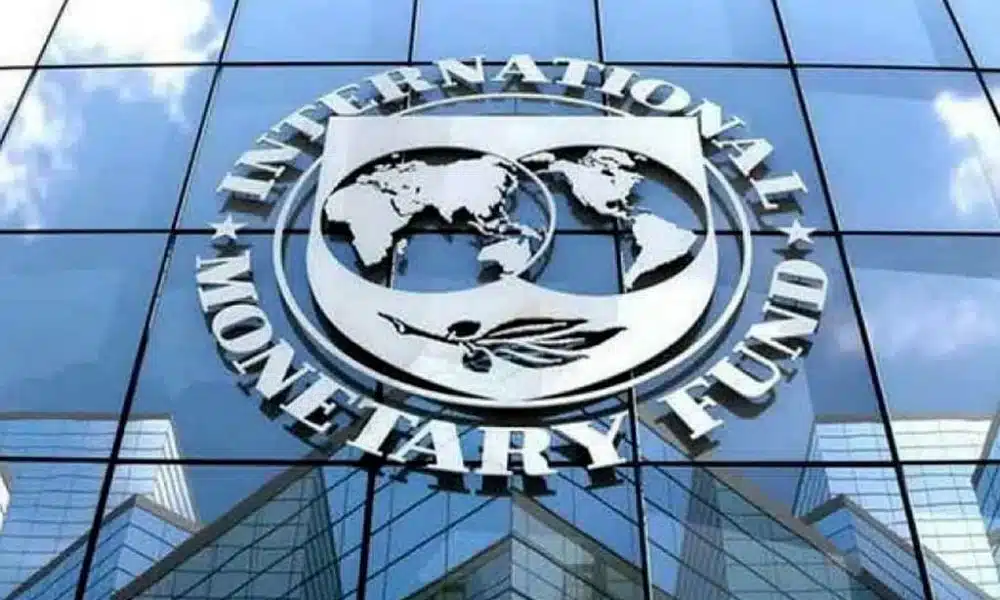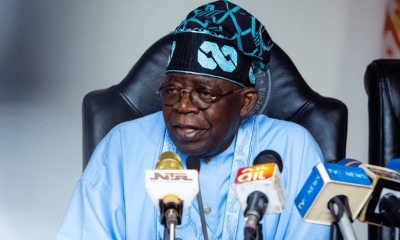Nigeria News
Cybersecurity Levy: Do More To Enhance Cybersecurity In Financial Sector – IMF To Tinubu

The International Monetary Fund (IMF) has called on the Nigerian government to develop a more “robust and adequate” framework to combat the escalating issue of cybercrime within the financial sector.
Naija News reports that this advice was given by Christian Ebeke, the IMF’s resident representative for Nigeria, during a virtual media briefing on Thursday following the release of Nigeria’s Article IV Consultation staff report.
Highlighting the critical importance of cybersecurity, Ebeke emphasized the potential for significant financial instability as a result of cyber threats.
“Cybersecurity is something that needs to be taken very seriously because of the potential financial instability repercussions of cybersecurity issues,” he stated.
He also pointed out that Africa is currently losing $4 billion to cybercrime annually, with projections suggesting that the cost could surge to $12 trillion by next year.
In response to a question about the new cybercrime levy recently introduced in Nigeria, Ebeke noted that while the IMF had not discussed this specific levy with Nigerian authorities, the organization recognizes the profound importance of cybersecurity.
He mentioned that the IMF’s global financial stability report in April underlined the necessity for countries to design adequate frameworks and regulations to tackle cybersecurity challenges effectively.
The briefing came in the wake of the Central Bank of Nigeria’s directive on May 6, which mandated banks and other financial institutions to implement a 0.5 percent cybersecurity levy on electronic transfers.
The funds collected from this levy are intended to support the national cybersecurity fund, to be administered by the office of the national security adviser.
However, the levy has sparked controversy and opposition from various sectors, including labour groups, the Organised Private Sector, and the House of Representatives. Concerns primarily revolve around the additional financial burden on consumers and the efficacy of the levy in actually enhancing cybersecurity measures.
In a decisive move on May 9, the House of Representatives ordered the CBN to reverse the directive, withdraw the previous circular, and issue a counter-directive concerning the levy.
Ebeke urged the Nigerian authorities to work towards establishing a comprehensive and efficient cybersecurity framework, emphasizing that such measures are crucial for safeguarding the financial sector and supporting economic stability.












